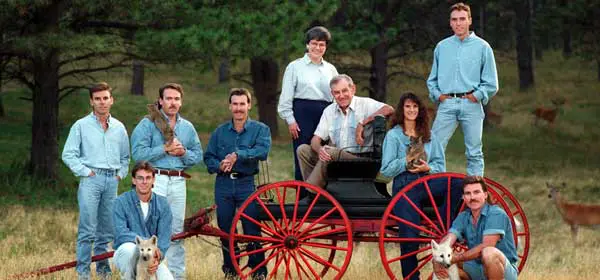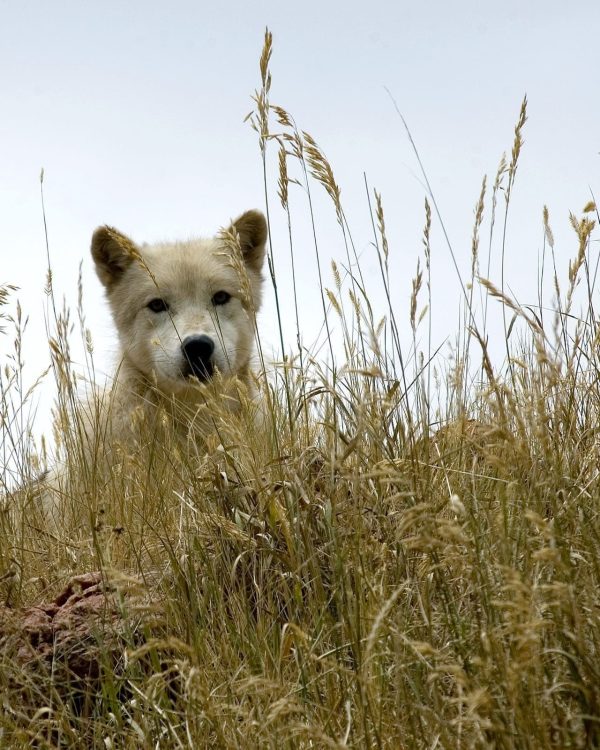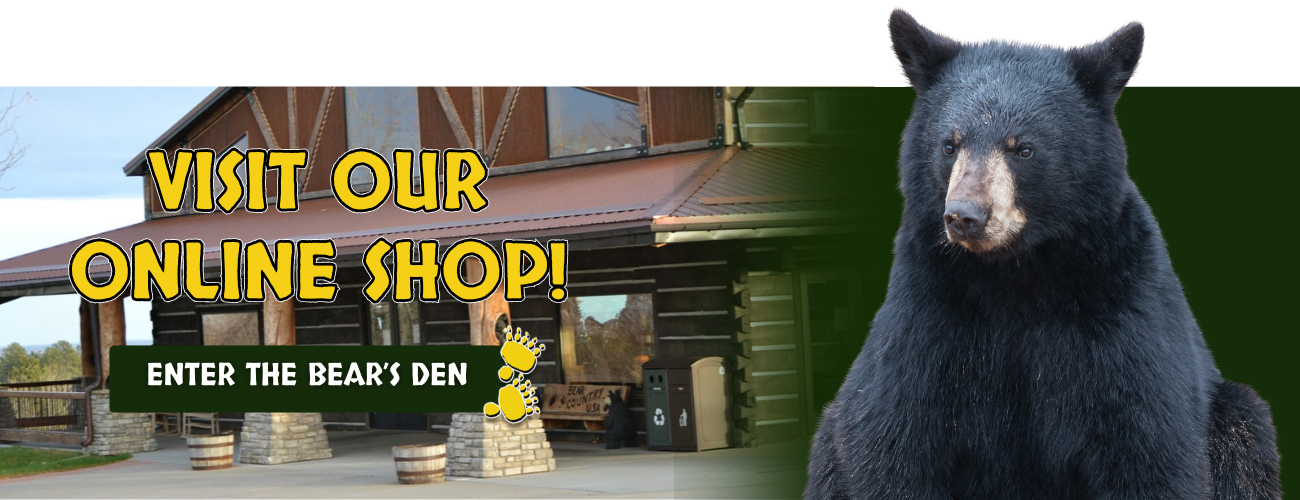About Bear Country USA
Founder & Family
Bear Country U.S.A. opened in August 1972 with just 11 black bears, a cougar, a wolf, three buffalo, and a large bull elk. Over the years, the park has expanded significantly and is now home to a diverse array of other wildlife. The park remains family-owned and operated.
- Dennis “Doc” Casey was born in Mitchell, South Dakota. He attended Carroll College in Helena before completing his dental education at Creighton Dental School in Omaha. For 30 years, he practiced dentistry in Rapid City. In 1972, he and his wife, Pauline, opened Bear Country U.S.A. While continuing his dental practice on a limited basis, Doc eventually retired in 1992 to fully dedicate himself to the wildlife park.
- Pauline Casey was raised in the Los Angeles area. She earned a nursing degree from Mount Saint Mary’s College in Los Angeles and worked in public health with the Los Angeles County Health Department. In 1958, she moved to South Dakota, where she continued her public health nursing career with the Pennington County Health Department. She also served as a staff nurse for the Rapid City School System and worked as a nursing education assistant in public health at South Dakota State College.
Conservation
Bear Country U.S.A. is committed to responsible land management and wildlife conservation. We utilize rotational grazing programs for hoof stock and have developed a specialized pasture grass mix featuring drought-tolerant native species such as brome, crested wheatgrass, and buffalo grass. To further support the environment, we plant shelter belts with hardy native shrubs and trees that require minimal water, provide food for songbirds throughout the winter, and serve as natural windbreaks and shade.
Our dedication to bear conservation extends beyond our park. Bear Country U.S.A. has actively participated in numerous research projects focused on bear conservation, hibernation, and captive breeding. We have collaborated with various organizations by gathering and sharing valuable data, contributing to a deeper understanding of bear behavior and conservation efforts.
While Bear Country U.S.A. generally cannot take animals from the wild, exceptions are sometimes made. State Fish and Game Departments occasionally reach out when they have young, orphaned animals that would otherwise be euthanized. Some of our current residents have come to us through these compassionate rescues, giving them a second chance at life in a safe and nurturing environment.




